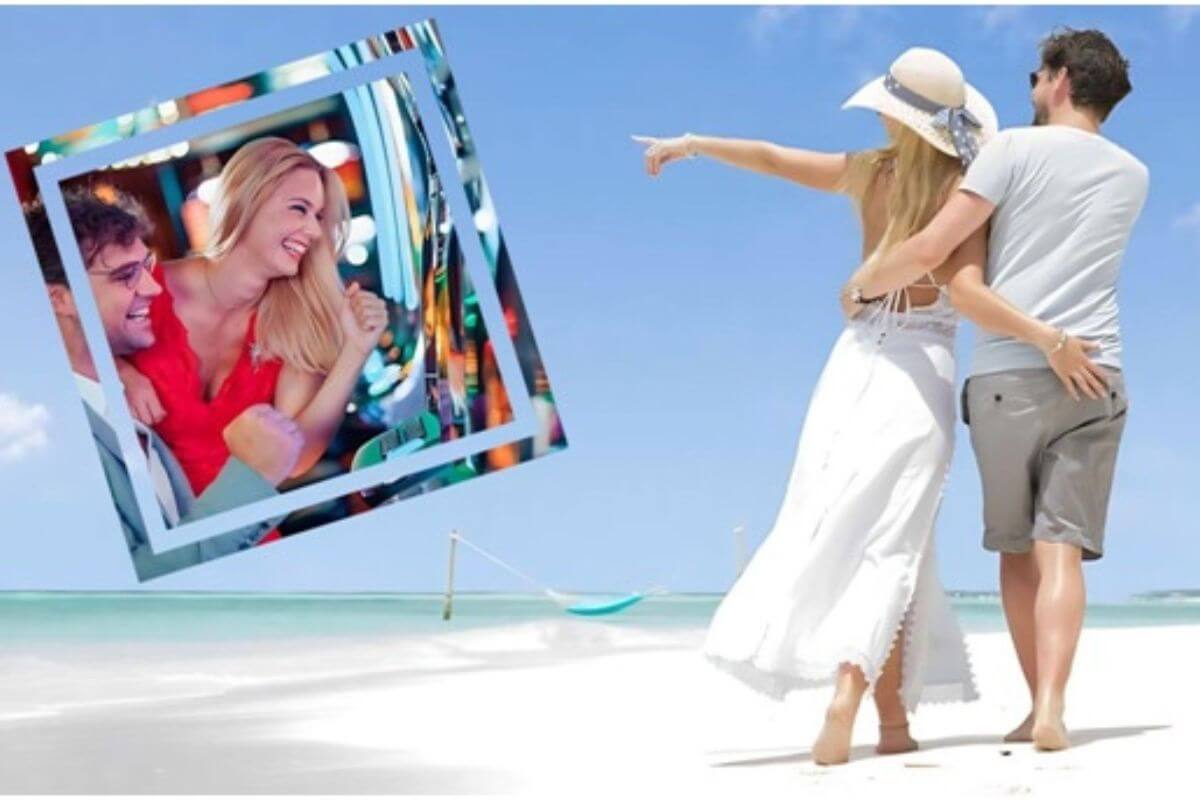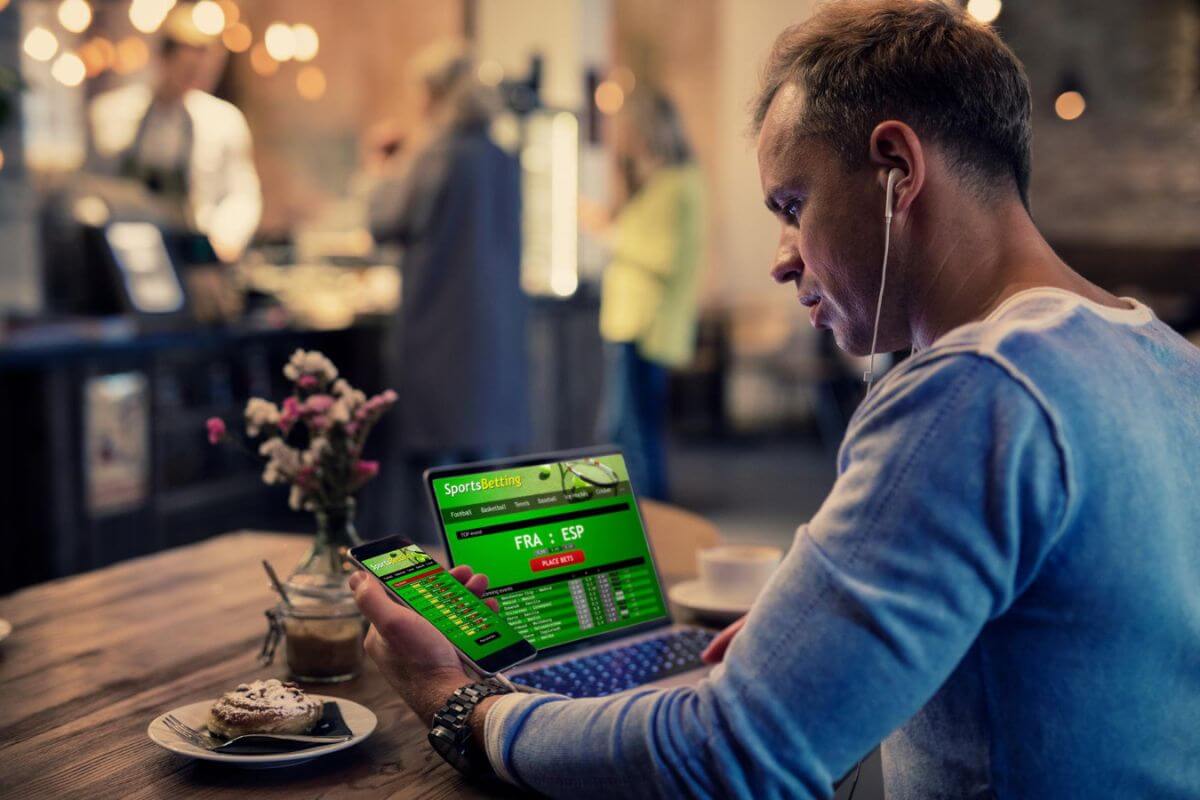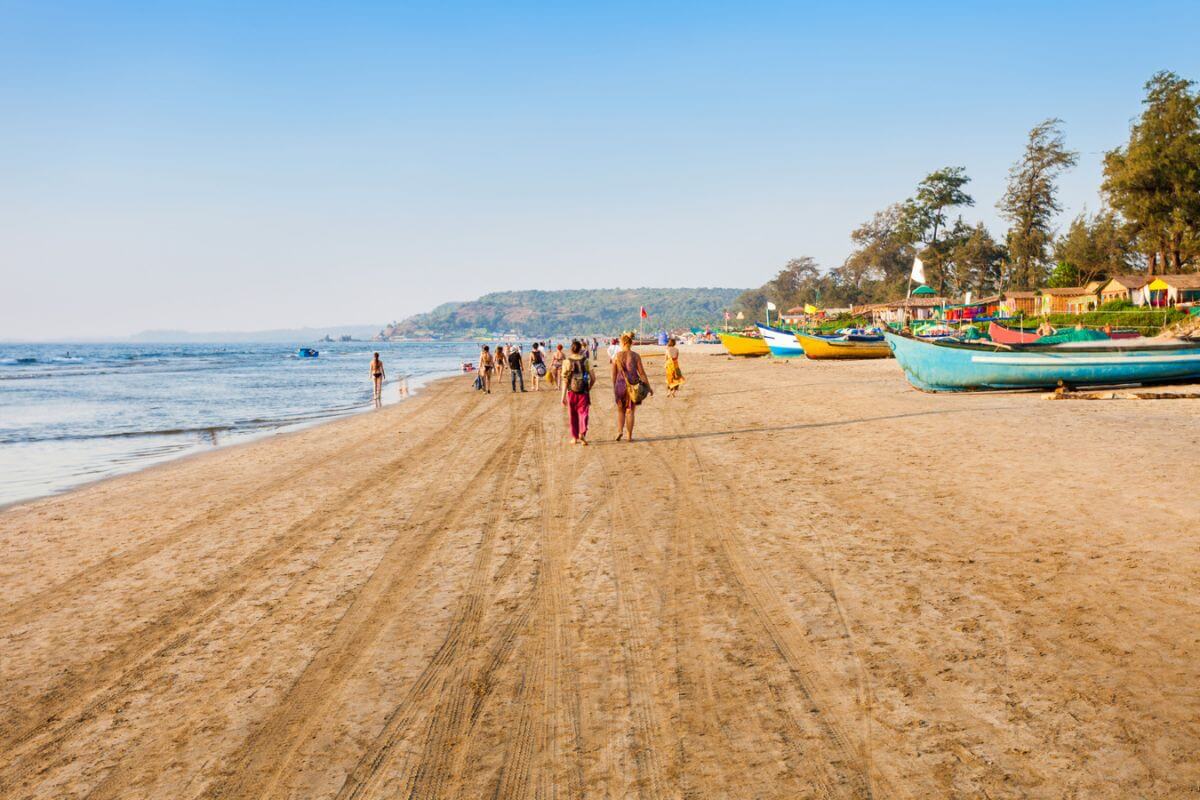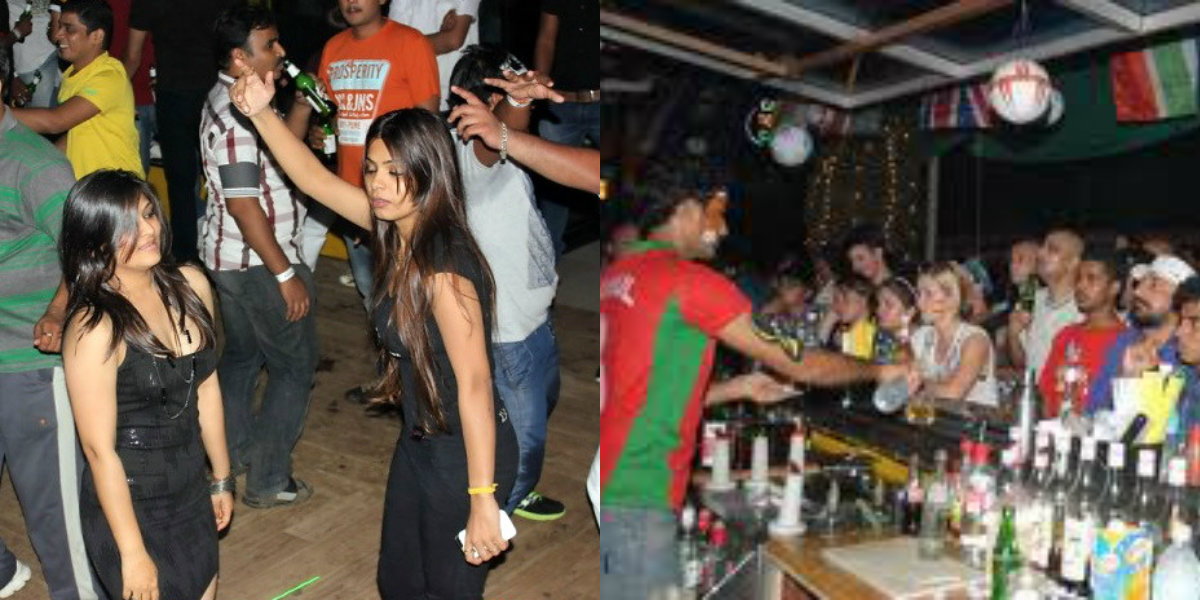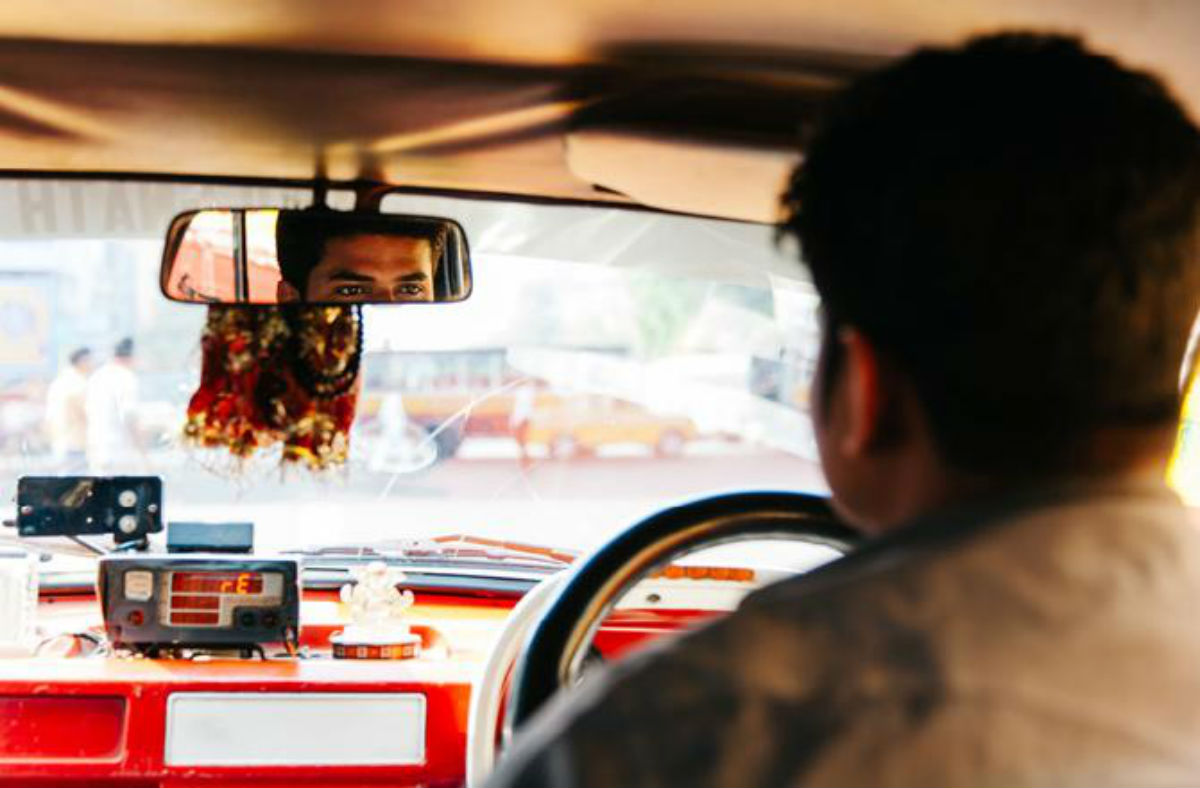Europe is a land of enchanting history, breathtaking landscapes, and rich diverse cultures. Every year, millions of tourists flock to Europe to explore its beauty and experience its rich heritage. However, amidst all the awe-inspiring attractions, there is a lurking danger that threatens to ruin the holiday experience of unsuspecting tourists – scams. These scams have become increasingly prevalent and sophisticated, and they can rob tourists of their hard-earned money, precious time, and even their safety.
Therefore, it’s crucial to spread awareness about these scams and equip tourists with the knowledge and tools to protect themselves from falling victim to them. In this article, we’ll delve deeper into the common scams that tourists encounter in Europe and how to avoid them.
Unfortunately, there are many international travel scams in Europe that tourists should be aware of to avoid being taken advantage of. Here are some of the most common ones:
Pickpocketing and Bag Snatching
Pickpocketing and bag snatching are common scams that can happen to anyone, including international tourists, in Europe. Here is some additional information about these scams:
Pickpocketing
Pickpocketing is a form of theft where the thief discreetly steals from the pockets or bags of unsuspecting victims. Pickpocketing is a particularly common problem in busy tourist areas, public transportation, and crowded places such as markets, festivals, and popular attractions.
Pickpockets often work in groups and may use various tactics to distract their victims while stealing their belongings. For example, they may bump into you, ask for directions, spill something on you, or create a commotion to divert your attention. While you are distracted, they will quickly steal your wallet, phone, or other valuables.
To avoid pickpocketing, it’s important to be aware of your surroundings and take precautions such as:
- Keep your belongings in a secure and zipped bag or purse that you can hold close to your body
- Keep your wallet, phone, and other valuables in your front pockets or inside pockets of your jacket
- Avoid carrying large amounts of cash or wearing expensive jewellery
- Be cautious of strangers who approach you or invade your personal space
- Avoid using your phone or counting money in public areas.
Bag Snatching
Bag snatching is a more aggressive form of theft where the thief forcefully grabs your bag or purse and runs away. Bag snatchers often work on foot, on a bike, or on a motorbike, and usually target tourists who are walking alone or carrying bags that are easy to grab.
To avoid bag snatching, it’s important to:
- Use a cross-body bag or purse that is difficult to grab
- Keep your bag on the side away from the road
- Be cautious when walking alone, especially at night or in quiet areas
- Avoid carrying too many valuable items in your bag
- Be prepared to let go of your bag if you are approached by a thief
ATM Scams
ATM scams in Europe can be a big problem for international tourists. Here are some of the most common types of ATM scams that tourists should be aware of:
- Skimming: Skimming is when scammers install a device on the ATM that reads your credit or debit card information. The device is usually attached to the card slot or PIN pad and can be hard to spot. Once the scammers have your card information, they can use it to make unauthorized purchases or withdrawals.
- Shoulder Surfing: Shoulder surfing is when a scammer watches you enter your PIN number and then steals your card. The scammer may also distract you while their partner takes your card.
- Card Trapping: Card trapping is when scammers place a device inside the card slot that traps your card. They will then watch you enter your PIN number and wait for you to leave. Once you’re gone, they retrieve your card and use it to make unauthorized purchases or withdrawals.
- Cash Trapping: Cash trapping is when a device is placed over the cash dispenser slot to trap your cash. The scammers will then watch you walk away and retrieve the cash once you’re gone.
To avoid falling victim to ATM scams, there are several things you can do
- Use ATMs located in well-lit and busy areas.
- Check the ATM for any signs of tampering, such as loose card slots or extra devices attached to the machine.
- Cover the keypad with your hand when entering your PIN number.
- If your card gets stuck in the machine or if you suspect that the ATM has been tampered with, contact your bank immediately.
- Avoid using ATMs located in remote areas or tourist hotspots, as these are often targeted by scammers.
It’s always a good idea to be vigilant and aware of your surroundings when using an ATM, and to trust your instincts if something seems suspicious. By taking these precautions, you can reduce your chances of falling victim to an ATM scam while travelling in Europe.
Fake Police Scams
This type of scam can be very convincing and can leave travellers feeling violated and vulnerable.
Here’s how a typical fake police scam might play out: You’re walking down the street in a popular tourist area, and someone approaches you, claiming to be a police officer. They may flash a badge or show you some identification, but it could be fake or illegitimate. They will usually tell you that there has been a problem with your documents or that there is an issue with your visa, and they’ll ask to see your passport or wallet. Once they have your documents, they may take your money or credit cards, or even steal your passport.
To avoid falling victim to this type of scam, it’s important to be aware of the warning signs. Here are some tips:
Always ask to see the officer’s identification: A legitimate police officer will always carry identification, and should be able to provide it upon request. If someone claiming to be an officer refuses to show identification, it’s likely that they are not legitimate.
Keep your passport and money hidden: Don’t carry your passport or a large amount of money with you when you’re out and about. Keep your valuables hidden in a secure location, such as a hotel safe.
Don’t give in to pressure: If someone claiming to be a police officer is pressuring you to hand over your documents or money, it’s likely that they are not legitimate. A real police officer will not be aggressive or threatening.
Call the embassy or consulate: If you’re not sure whether someone claiming to be a police officer is legitimate, call the embassy or consulate for your country. They will be able to verify whether the person is a legitimate officer or not.
Report any suspicious activity: If you think that you’ve been targeted by a fake police scam, report it to the local authorities and to your embassy or consulate. This will help to prevent other travellers from falling victim to the same scam.
Remember, the key to avoiding fake police scams is to be cautious and aware of your surroundings. Don’t let your guard down, and trust your instincts if something seems off.
Restaurant Scams
Restaurant scams are unfortunately common in Europe, and they often target international tourists. Here are some of the most common scams to be aware of:
Overcharging: Some restaurants may overcharge you for your meal, especially if you are a tourist who doesn’t know the local prices. To avoid this, always check the menu prices before ordering, and keep an eye on the items as they are added to your bill. If you notice any discrepancies, ask the waiter to explain.
Hidden Charges: Some restaurants may add additional charges to your bill, such as a service charge or a bread charge, without informing you beforehand. To avoid this, always check the menu or ask the waiter if there are any additional charges.
Misleading Menu Items: Some restaurants may use misleading language on their menus to make their dishes sound more expensive or sophisticated than they really are. For example, they may use fancy names for simple dishes or use phrases like “homemade” or “locally sourced” to justify higher prices. To avoid this, read the menu carefully and ask the waiter for recommendations.
Bait-and-Switch: Some restaurants may advertise a special deal or promotion, only to switch it for a more expensive option once you arrive. For example, they may advertise a “prix-fixe” menu for a certain price, but then tell you that the dishes you want are not included. To avoid this, always confirm the details of the deal with the restaurant before you order.
Fake Reviews: Some restaurants may post fake positive reviews on websites like TripAdvisor or Yelp to attract more customers. To avoid this, read a variety of reviews from different sources, and pay attention to reviews that seem too positive or too negative.
To avoid restaurant scams in Europe, it’s always a good idea to do some research beforehand and read reviews from other travellers. Additionally, be cautious of restaurants that are overly aggressive in their promotions, and always check your bill carefully before paying.
Fake Tickets and Tours Scam
Fake tickets and tour scams are common ways for scammers to take advantage of international tourists in Europe. Here are some examples of how this scam works:
Fake Attraction Tickets: Scammers will approach tourists outside of popular tourist attractions and offer them tickets at a discounted price. These tickets are usually fake or have already been used, so the tourist will not be able to enter the attraction. To avoid this scam, always buy attraction tickets from the official ticket office or website.
Fake Tour Guides: Scammers may approach tourists and offer them a tour of the city, claiming to be a licensed tour guide. They will often charge a high fee for the tour and take the tourist to a few tourist attractions but will not provide any real information about the city or its history. Always make sure to book tours with licensed tour operators or guides.
Fake Accommodation Bookings: Scammers may create fake listings on popular accommodation websites such as Airbnb, Booking.com or Expedia, and convince tourists to make a booking. They will then take the payment and disappear without providing any accommodation. Always book accommodation through reputable websites and check reviews before making a booking.
Fake Transportation Tickets: Scammers may sell fake transportation tickets, such as train tickets or metro passes. The tourists will find out that the tickets are fake when they try to use them and are denied entry. Always buy transportation tickets from official ticket offices or machines.
“Free” Tours: Scammers may offer a “free” walking tour of the city and then pressure tourists to make a donation at the end of the tour. These tours may not provide any valuable information and may be a waste of time. Always research tour companies before booking and read reviews from other travellers.
To avoid falling victim to these scams, it’s essential to research and book tours, accommodations, and tickets from reputable sources. Always be cautious of offers that seem too good to be true, and trust your instincts if something seems suspicious. If you are unsure, ask a local for advice or contact the local tourist office.
Closing words
Unfortunately, scammers and fraudsters are always finding new ways to trick unsuspecting tourists. However, with a little bit of research, planning, and common sense, you can greatly reduce your chances of being a victim of such scams. Remember to keep your valuables close, use official ticketing and tour providers, avoid giving out personal information, and always trust your instincts if something seems suspicious. By staying aware and cautious, you can enjoy your travels in Europe with peace of mind and avoid any unpleasant experiences.
It’s always better to be safe than sorry!






